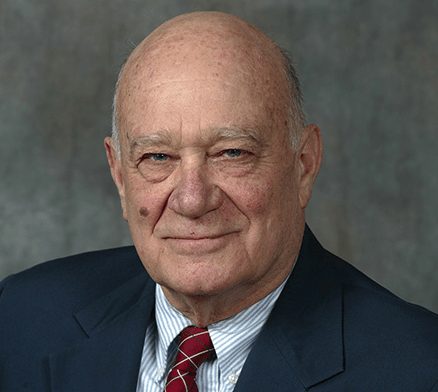
When living through such a vacuum in moral leadership, with a president who boasts that he does not read history, one might fall into the trap of believing that our democracy has never really had noble standards.
Yet, Lincoln sent a clear message of America’s noble values when he gave his Gettysburg Address in 1863. His opening sentence is the key, and it continues to resonate: “Three score and 16 years ago, our fathers brought forth…”
President Lincoln logically could have begun his speech with the phrase indicated above. Do the math. A “score” has 20 years. Three score plus 16, totals 76 years.
Subtracting 76 from the 1863 date of the speech takes you to 1787, the year of the Constitutional Convention, where delegates gathered “to form a more perfect Union.” That date is one of the major reference points for our democratic republic.
With a civil war raging in 1863, Lincoln could well have reminded Americans about how difficult it continued to be to foster an effective union.
Instead, by choosing “Four score and seven” as his opening, Lincoln sent a special message. Here, the math of 87 from the 1863 speech year takes us to 1776.
So, from what might be considered two “birth” years for our nation, Lincoln harkened back to the 1776 universal principles of rights, as fashioned by Thomas Jefferson.
As an admirer of Jefferson and his ideals of justice, Lincoln referred to 1776’s Declaration as a “beacon” toward which we must always be striving. Both men were aware that such striving was among flawed people, including themselves.
It is worth noting that, in this centennial year of women earning the right to vote in New York (the first state east of the Mississippi to do so), Elizabeth Cady Stanton in 1848 earlier found her own “beacon” in the ideals of Jefferson’s Declaration.
She paraphrased Jefferson for her Seneca Falls “Declaration of Sentiments.” Stanton wrote: “We hold these truths to be self-evident: that all men AND WOMEN are created equal . . . . The history of MANKIND is a history of repeated injuries and usurpations on the part of MAN TOWARD WOMAN having in direct object the establishment of an absolute tyranny over HER. To prove this, let facts be submitted to a candid world.”
Stanton itemized precisely the number of objections that Jefferson had cited against King George III. In Stanton’s list of 18 grievances, the “He” refers to the male sex (instead of King George):
“He has never permitted her to exercise her inalienable right to the elective franchise.”
“He has compelled her to submit to laws, in the formation of which she had no voice.”
“He has made her, if married, in the eye of the law, civilly dead.”
“He has denied her the facilities for obtaining a thorough education, all colleges being closed against her.”
Many other Americans found a moral compass in Jefferson’s Declaration. Frederick Douglass smartly used holidays on July 4 to remind Americans of the gaps between their words and their actions, their principles and their practices. Half a century later, Langston Hughes wrote powerfully, “America has not been America to me.”
About a quarter century later, at the Lincoln Memorial, Dr. Martin Luther King, Jr. noted in his “I have a Dream” speech that his dream was “deeply rooted in the American dream.” As was true for Lincoln, the key lesson for King was to keep reminding his fellow citizens of their ideals and call on them to do more to fulfill those ideals.
For Dr. King and President Lincoln, the continuing challenge was how much progress could be made toward Jefferson’s beacon.
Early on, in speeches and letters, Lincoln recognized that Jefferson, with his Declaration and Enlightenment colleagues, established transformative standards:
• “They grasped not only the whole race of men then living, but they reached forward and seized upon the furthest posterity.”
• “They erected a beacon to guide their children and their children’s children, and the countless myriads who should inhabit the earth in other ages.”
• “They established these great self-evident truths, that when in the distant future some man, some faction, some interest, should set up the doctrine that none but rich men, or none but white men, were entitled to life, liberty and the pursuit of happiness, their posterity might look up again to the Declaration of Independence and take courage to renew the battles which their fathers began . . . so that no man would hereafter dare to limit and circumscribe the great principles on which the temple of liberty was being built.”
As historian Richard Hofstadter emphasized: “To know our heritage takes us far toward improving our knowledge of ourselves, and to know ourselves is indispensable if we are to act with understanding and realism in the shaping or our future.”
If a leader becomes the prisoner of the present because of his lack of perspective, citizens will need to demand attention to moral codes that have guided our nation for centuries.







In contemplating the future, humanity appears in growing need of not just a new moral compass but one that stays adjusted to true in spite of or even against those forces that might seek to distort that direction. And there may very well be such a development at hand, and just in time! More at https://www.energon.org.uk